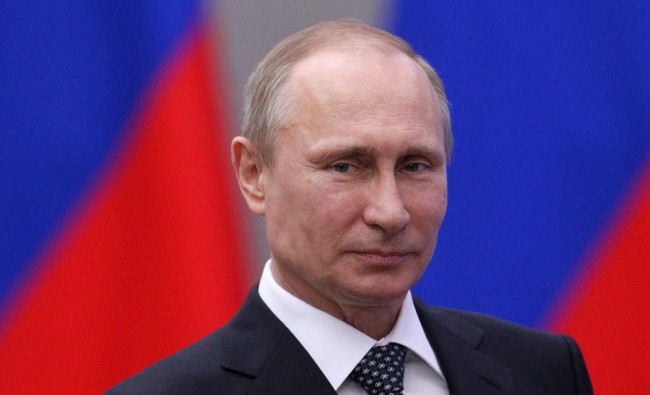Bulgaria is preparing a major move that could deal a serious blow to Russian President Vladimir Putin. The country is drafting legislation to take control of its only oil refinery in Burgas, which is owned by Russia’s Lukoil. This decision comes amid growing tensions over Russia’s war in Ukraine and international sanctions targeting Russian businesses.
The Burgas refinery is a crucial asset for Bulgaria’s energy sector. Lukoil, the Russian company that owns it, is under U.S. sanctions due to its connections with Moscow’s ongoing military operations in Ukraine. These sanctions have restricted Lukoil’s ability to operate freely in foreign markets, putting the refinery’s ownership under scrutiny. Bulgarian authorities now appear ready to step in, potentially taking direct control of the facility to safeguard the country’s energy supply.
U.S. Sanctions Hit Russian Oil Giants Hard
The United States recently imposed sweeping sanctions on Russia’s two largest oil companies, Lukoil and Rosneft. These sanctions are designed to limit Russia’s ability to sell oil internationally, putting pressure on Moscow to change its approach in Ukraine.
Russian officials quickly criticized the move. Russia’s foreign minister called the sanctions “entirely counterproductive,” while former President Dmitri Medvedev described them as an act of hostility. Moscow has claimed that its economy is resilient and capable of handling Western restrictions. However, the sanctions are significant because Lukoil and Rosneft together account for roughly half of Russia’s oil exports.
The sanctions have already affected global oil markets. Traders have reacted with caution, sending oil prices higher amid fears of supply disruptions. Experts are watching closely to see how strictly the United States enforces these measures and whether Russia will find ways to bypass them through alternative trade networks.
Putin’s Escalation and Bulgaria Oil Infrastructure
In response to rising pressure, Russian President Vladimir Putin has ordered heightened defenses for the country’s oil refineries. He deployed millions of reservists to protect key energy infrastructure from potential attacks, including drone strikes from Ukraine. This comes after a recent increase in Ukrainian drone attacks targeting Russian oil facilities, signaling the high stakes involved in energy security.
Putin has also responded to U.S. actions with a show of military strength. He has ordered preparations for nuclear weapons testing after President Donald Trump announced the United States would conduct its first tests in over 30 years. These developments underscore the ongoing tension between Russia and the U.S., with energy and military strategy closely intertwined.
Ilsky Devastation: Ukraine’s Drone Strike Sparks Havoc at Russian Oil Refinery
Meanwhile, the battlefield in Ukraine remains tense. Russia claims its forces are advancing in the city of Pokrovsk, a strategic location where Ukrainian troops are working to prevent encirclement. The conflict continues to create pressure on both sides, while global attention remains fixed on Moscow’s next moves.
Bulgaria Moves to Take Control of Burgas Refinery
Bulgaria’s initiative to take control of the Burgas refinery is a bold step. Notably, the refinery is the country’s only major facility of its kind, making it a critical component of national energy security. By taking this action, Bulgarian authorities are signaling their determination to protect the country’s energy interests and reduce dependence on foreign, sanctioned companies.
Lukoil has faced increasing scrutiny worldwide. Furthermore, the company’s ownership and operations have come under question, not just in Bulgaria but across other countries observing sanctions compliance. Consequently, Bulgaria’s potential seizure of the refinery is a rare example of a European country taking decisive action against Russian-owned energy infrastructure in the midst of the war in Ukraine.
Ukraine pounds Russia’s energy network, striking 8-N oil station and Ilsky oil refinery
The legislation is still in the drafting stage, but its announcement has already sent ripples through both the European and Russian energy sectors. Experts note that such a move could have far-reaching implications for the relationship between Russia and the European Union, particularly as sanctions and trade restrictions continue to pressure Moscow’s economy.
Bulgaria’s attempt to take control of the Burgas refinery represents a significant development in the ongoing geopolitical struggle surrounding Russian energy assets. Combined with U.S. sanctions on Lukoil and Rosneft, as well as Putin’s military and nuclear measures, the energy and political landscape is undergoing dramatic shifts, with Bulgaria taking a decisive role in protecting its national interests.

